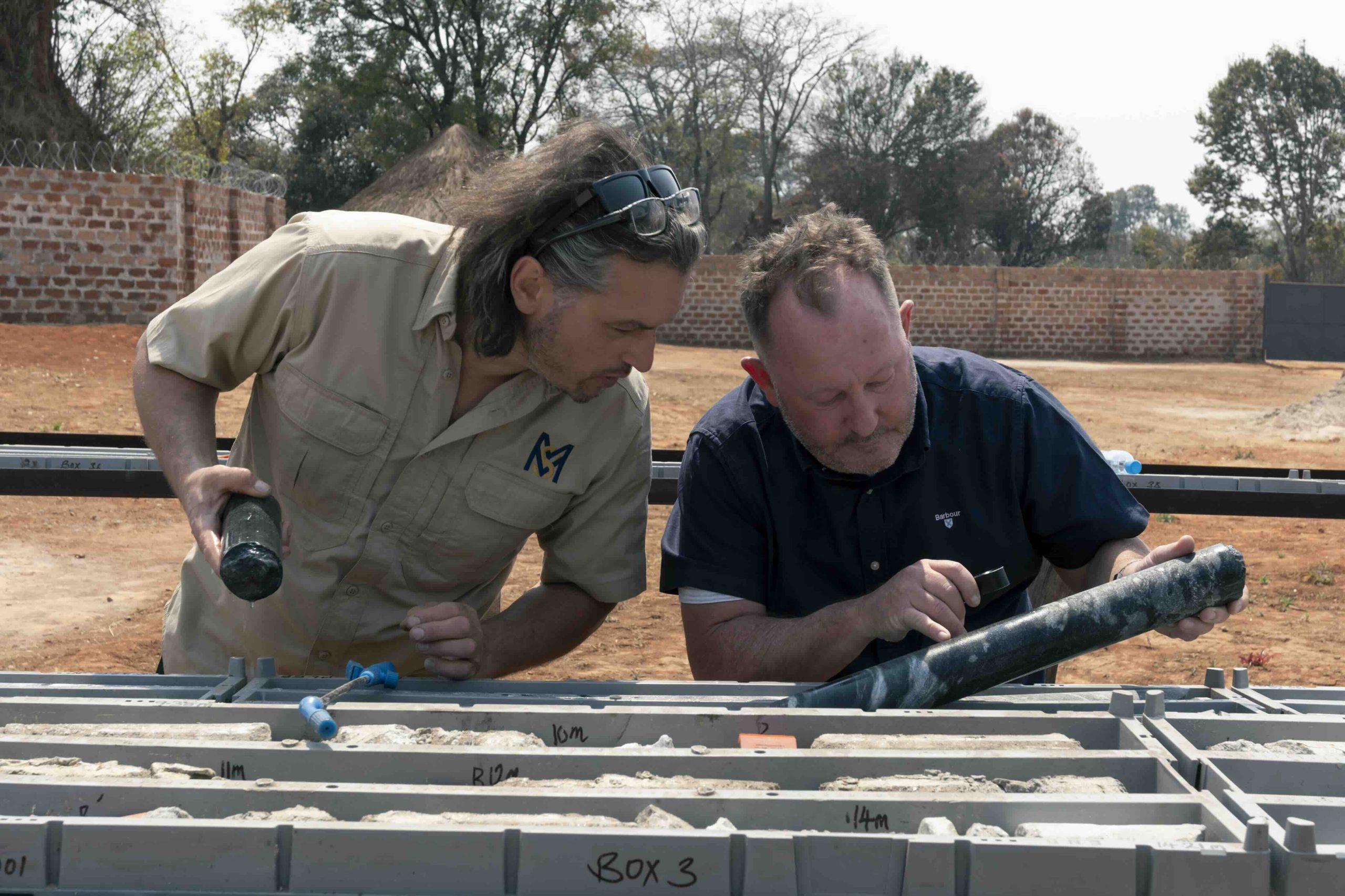New remote truck checking services

Volvo Trucks has developed a new GSM-based system that allows the workshop to check a truck’s condition remotely – a development that promises increased uptime and lower maintenance costs, to be release in Europe this year.
The new remote services, widely applicable in the mining industry, are possible thanks to the latest version of in-truck Telematics Gateway – TGW. This allows the Volvo workshop to monitor the vehicle’s wear and condition and also read trouble codes remotely, using the GSM network.
“With these new communication facilities on board the trucks, the workshop receives continuous information about wear in a number of components,” explains Christian Gustavsson, head of service at Volvo Trucks.
The new system allows the workshop’s service technicians to check how much mileage the truck has covered and how quickly the various components are being worn out. After this, the workshop can plan the servicing according to the individual vehicle’s actual needs.
“This will increase uptime and minimise the risk of unplanned stoppages by the roadside. This promotes security and reduces administration for the haulage firms, at the same time as their customers can count on high reliability,” relates Christian Gustavsson.
Optimizes uptime
Remote communication between truck and workshop is a complement to the service schedule. If a truck is driven in a different way compared to the original plan, the service intervals may end up being too frequent or too far apart. When the workshop receives data about the actual wear rate, it can adjust service intervals to suit the truck’s actual needs.
“Many of the parameters are difficult to calculate. A truck driven in tougher than average conditions wears out certain components more quickly; while a truck operating in calmer conditions may still have a lot of wear left in the same components when the scheduled replacement date arrives. This in turn means uncertainty for the haulage firm,” says Gustavsson.
Minimizes unplanned stoppages
If the truck is used in a way that differs from the use that was planned for in the original service schedule, the workshop receives information about this.
“For example, the workshop can be alerted to brake pad wear. As a result the worn parts are replaced in time, they don’t give up when you’re out on a long-distance trip,” says Gustavsson.
“It’s a win-win situation. It’s far more efficient both for the haulage firm and the workshop if it’s possible to avoid unplanned workshop visits.”
{{ commodity.name }}
{{ post.title }}
{{ post.date }}




Comments